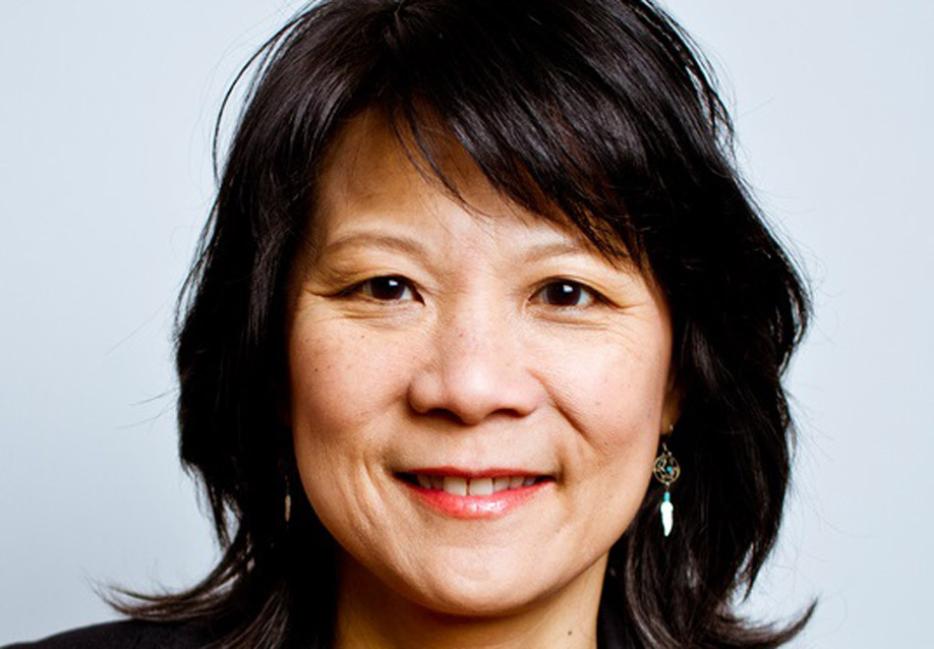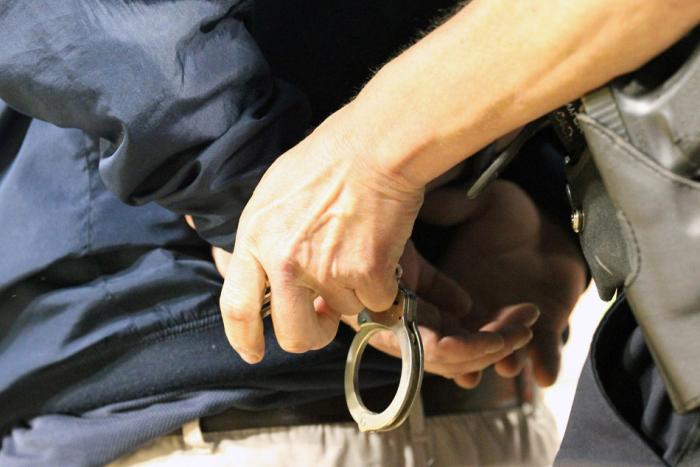Olivia Chow has finally made her mayoral campaign official. If I wanted to be a jerk about it, I’d say she has simply stopped lying about it, but it’s worth celebrating the fact Toronto’s phony war is over: We have all of the expected front-runner candidates in place, and while rumours will no doubt continue to fly about some dark horse late entry, the real contest can finally start.
The biggest and most pleasant surprise is that Chow hasn’t been bamboozled, like so many others, by the cast of grifters in this town who say the only way to win the mayoral contest is by burning billions of dollars on the altar of a subway in Scarborough. Chow, like David Soknacki before her, supports the light rail project for Scarborough that would serve a wider area at lower cost. (Indeed, at no cost to the city.)
Soknacki deserves more than a parenthetical here: Since there’s some evidence to suggest—from people who participated in one of Chow’s telephone town halls last year—that Chow was at least grifter-sympathetic for a time, it’s not crazy to suggest that Soknacki carved out the rhetorical and political niche that he now shares with Chow. He deserves credit for making Chow a better candidate.
(Will it be unfair if Chow wins and Soknacki is forgotten? Sure, but that’s politics.)
More concerning is Chow’s statement to media yesterday that if she wins, Toronto City Council would keep property tax increases in line with inflation. The best-case scenario here is that Chow is simply lying and has no such intentions. The next-best case scenario is she hasn’t been paying attention, and will change her mind. The worst-case scenario is that she understands what that means (she was, after all, on the city’s budget commiittee) and she’s serious.
This isn’t pinko communist talk. City Manager Joe Pennachetti—not a man of legendary charisma or political passions—says that keeping taxes in line with inflation will mean real cuts, and any non-trivial expansion of the city’s services will need increases substantially more than that.
The other alternative is raising revenues from the city’s non-property tax sources. But as long as we’re talking about the stuff the city controls, that combination—low property tax increases + increases in user fees—is also a shorthand for Rob Ford’s fiscal policy, so it’s not obviously a progressive manifesto.
Outside of Chow’s launch, there was the amusing and enraging spectacle of the city’s new proposed food truck by-law. The by-law proposed by staff would give the city’s staff and (!) incumbent businesses all sorts of privileges to obstruct food trucks, because nobody actually believes in the virtues of competition.
The by-law is likely to be amended through the committee and council process, assuming and hoping it isn’t simply punted out of political cowardice in an election year. So I won’t, for now, leap to the assumption that Toronto is still a city where it has to be that fucking hard to do anything.
The good news is that between the food trucks debate and Chow’s launch, this election may actually feature a polysyllabic debate about policy. Admittedly, John Tory attempted to take a strong stance on the rights of entrepreneurs in the city and made a bit of a hash of it, managing to come out of a policy debate looking worse than Rob Ford—words I hope I never have to write again. But every time we talk about the serious issues facing this city like we’re all adults, Rob Ford is marginalized just a little bit more.
There are 7 months and 12 days until election day. Let’s keep it together, folks.






